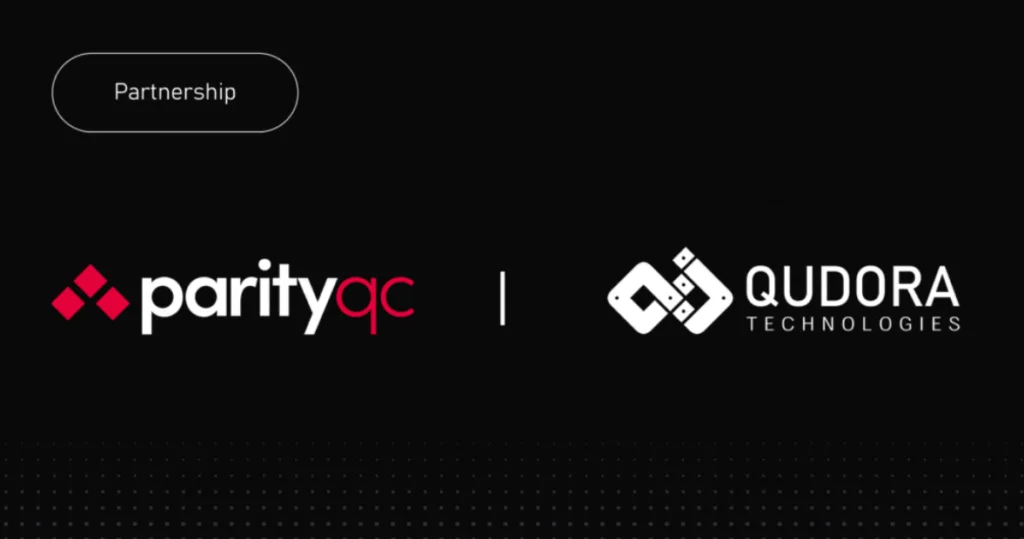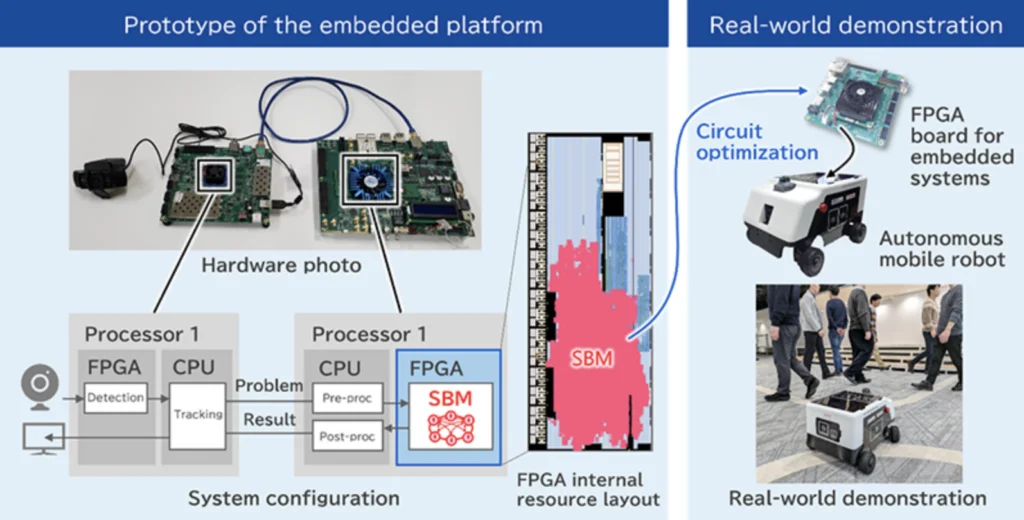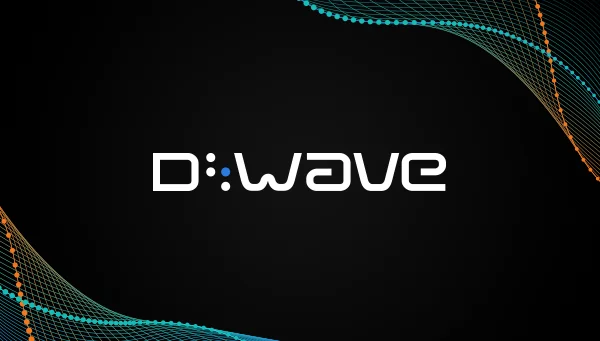Insider View
- New initiatives initiatives to explore advantage of quantum computing for the needs of aeronautics, space and defence — ASD — industries. Quantum advantage in these areas could lead to major advances in these technologies that are growing in importance each day.
- Major industry players will include Airbus, MBDA and Naval Group
- The initiative will rely on leading academic players –ONERA and Inria — and technology start-ups — Pasqal, Quandela and Alice & Bob.
PRESS RELEASE — As part of the Pack Quantique (PAQ), initiated at the end of 2020, the Ile-de-France region will fund three new initiatives aimed at exploring the advantage of quantum computing for the needs of aeronautics, space and defence — ASD — industries. These involve both major industry players (Airbus, MBDA and Naval Group), leading academic players (ONERA and Inria) and innovative technology start-ups (Pasqal, Quandela and Alice & Bob) to provide innovative solutions to concrete problems.
In partnership with Teratec, GENCI and Le Lab Quantique, the Paris Region is strengthening its leadership in acquiring the quantum advantage. Three new initiatives have been launched to promote the adoption and development of quantum computing by economic players, manufacturers and start-ups in the Paris Region and beyond.
Three major companies in ASD sectors will benefit from the expertise of Quandela, Pasqal, and Alice & Bob, three startups specialized in the development of quantum computing technologies.

These young innovative companies receive funding from the region in order to explore the potential of their quantum technologies on the use cases proposed by industrial companies, which today use digital simulation codes that are particularly demanding in terms of computing power.
In this context, the use of quantum computing technologies aims to facilitate the design of devices that are more powerful, more robust and more efficient in their energy consumption.
- The first project in this new series of the Quantum Pack is led by the start-up Pasqal and ONERA. Proposed by Airbus, it concerns an analysis of the behaviour of the airflow around the aircraft and the aerodynamic forces acting on its surfaces and is entitled “Quantum Advantage for the resolution of Partial Differential Equations” (AQUAEDP). On today’s High Performance Computing (HPC) machines, these calculations take hours or even days. Quantum machines offer an opportunity to drastically reduce these computation times but imply the adaptation of algorithms and the redesign of computation codes.
Pasqal will propose a hybrid classical-quantum algorithmic approach to significantly improve the accuracy of the results obtained. It will rely on its expertise in the field of quantum neural networks (QNN). This approach will be tested on a 100 qubit analog quantum computer, which will be made available to researchers in the near future via the national HQI platform.
According to Marc Morere, Airbus Research & Innovation Manager, “this initiative will enable Airbus to drastically improve the accuracy of its models”, while “offering ONERA the opportunity to guarantee the sustainability of this new know-how in the field of quantum computing.”
“By combining Airbus’ and ONERA’s expertise in aeronautics with our own in quantum mechanics, using our proprietary solvers for differential equations, we collectively have a key tool for the aerospace and aviation industries,” said Benno Broer, Chief Commercial Officer of Pasqal.
- The second project in this new series involves Quandela, ONERA and MBDA. It deals with the control of the physico-chemical phenomena that govern combustion. This control becomes particularly difficult when one increases the number of chemical components involved, as well as the number of parameters (geometry, for example) to be taken into account. This is one of the keys to improving the robustness and thermodynamic efficiency of engines and reducing polluting emissions. The subject seemed promising to MBDA, ONERA and Quandela, which decided to investigate it jointly within the framework of the “Quantum Advantage for the Design of Engines in Aeronautics” (AQCMA) project. Thanks to its Perceval simulator, as well as its 6-qubit photonic NISQ (Noisy Intermediate-Scale Quantum) chip, the start-up Quandela will experiment with a global and hybrid classical-quantum approach to improve the accuracy of complex models.
Valérian Giesz, CEO and co-founder of Quandela, said: “Our discussions with ONERA researchers have made us aware of the many obstacles they face in simulating fluids in combustion chambers. To this end, the AQCMA project will allow us to explore the potential benefits of noisy photonic quantum processors to solve real-world problems.
- The third project is entitled “Quantum Maching Learning with Cat Qubits” (QML Cat). It explores, on the initiative of Naval Group, Inria and Alice & Bob, the advantage that partially corrected quantum technologies (or “cat qubits”) could bring in the field of Machine Learning. The latter makes it possible to make the most of the considerable volume of data created by the platforms of the ships designed by Naval Group to offer, among other things, predictive maintenance, obstacle classification or trajectory prediction services. Any trick that could increase the efficiency of NISQ computers will be an asset in the demonstration of increasingly realistic use cases.
While for Théau Péronnin, CEO and co-founder of Alice & Bob, “it now seems clear that Machine Learning algorithms will benefit from a quantum advantage”, for Romain Kukla, in charge of Naval Group’s quantum technology research program, the “objective of this project is to verify that the associated quantum Machine Learning routines are relevant and can bring algorithmic acceleration to these different use cases.”
“The particular resistance to certain errors offered by Alice & Bob’s quantum processor could lead to much greater efficiency,” says Harold Ollivier, a researcher at Inria’s Quantum Tech.
For more market insights, check out our latest quantum computing news here.















